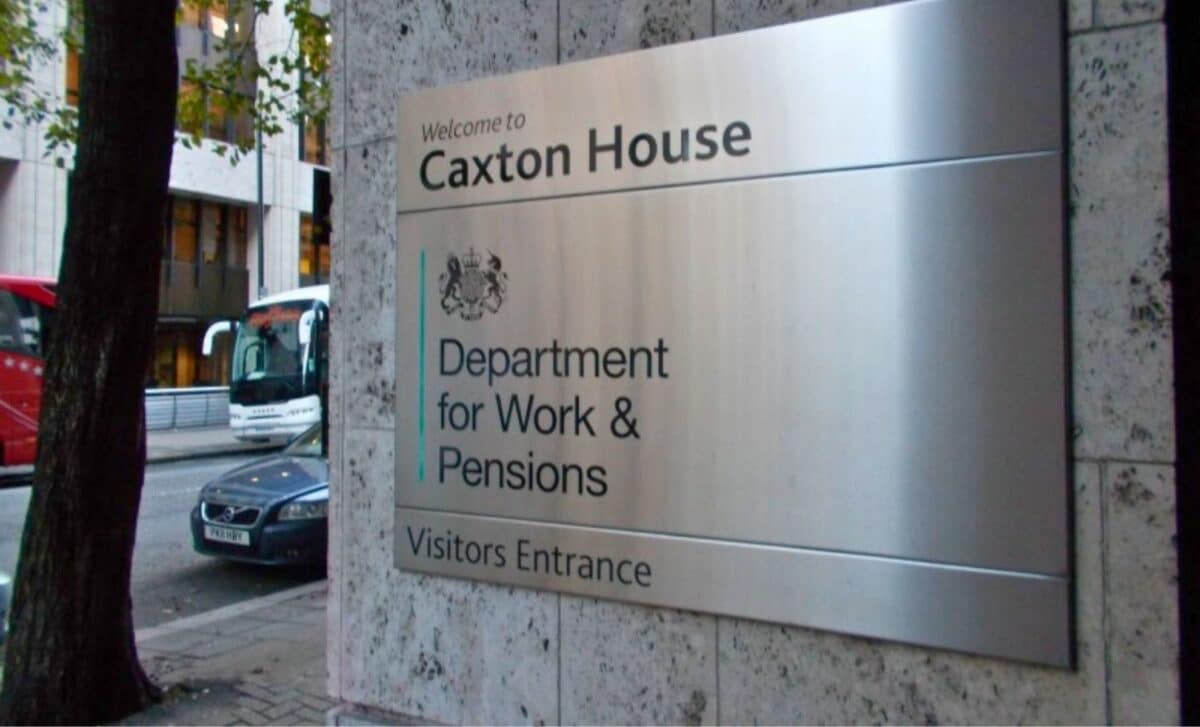The British government will be strengthening the Department for Work and Pensions (DWP) by extending its powers to combat benefit abuse. Akin to the authority held by HM Revenue and Customs (HMRC), this enables the DWP to execute warrants, make arrests, seize items and impose civil penalties on a wider range of individuals.
DWP’s New Fraud Bill
PM Rishi Sunak confirmed that the impending Fraud Bill would be the catalyst for such empowerment. Crucially, this legislation is expected to complement the capabilities introduced by the Data Protection and Digital Information Bill, allowing the DWP to obtain information from third parties, including financial institutions.
“We cannot tolerate those attempting to take advantage of the natural compassion and generosity of the British people,” stated PM Rishi Sunak.
Through the Bill, Mr Sunak seeks to save UK taxpayers £600 million by strengthening the relevant legislation and preventing the illegal exploitation of the UK’s generous welfare system.
Sunak emphasised that the legislation would bring the DWP into line with HMRC, treating benefit fraud in the same way as tax fraud through new powers of seizure and arrest.
He also highlighted the role of modern technologies, such as artificial intelligence, in strengthening the integrity of the social protection system: “All advances in modern technologies, including artificial intelligence, are used to limit exploitation by those who fund the social protection system”.
Hailed as one of the biggest changes to benefit fraud laws in more than 20 years, the initiative will save taxpayers £600 million by the 2028-29 tax year.
The government’s plan aims to create a welfare system that provides vital support only to those who need it most, guaranteeing dignity and independence.
The Debate over Account Monitoring
Under the current regulations, the DWP can request details of transactions made by account holders on an individual basis if there is reasonable suspicion of fraud.
However, the Data Protection and Digital Information Bill has the potential to give the DWP new powers to access benefit claimants’ personal data from third parties such as financial institutions.
Doing so would require massive scrutiny of accounts without suspicion of fraudulent activity – a policy widely debated in Parliament since it was announced last year.
Wendy Scott created an online petition, which over 24,100 people have signed, arguing that “most benefit claimants are not fraudulent actors.” The petition characterizes the proposed new approach to accessing bank accounts as “too aggressive towards benefit claimants.”
Defending the new measure, the DWP says data is a powerful tool for understanding benefit eligibility. Currently, it uses multiple sources of data to check claims, which significantly reduces other types of fraud and error.
“This measure will provide better access to data to establish benefit eligibility, making it more difficult for fraudulent actors to steal from taxpayers. The measure will also address errors by ensuring claimants receive only the correct amount of benefit for which they qualify, preventing inadvertent debt,” clarified the DWP.
They also cleared up any misunderstandings saying that this does not give the DWP access to bank accounts or how claimants spend their money. Instead, the process involves third parties looking at their own data to provide only ‘relevant information’ to the department.










Again this government is targeting the poor and vulnerable, “kick us while we are down why don’t you”..
Why are they not targeting those who choose not to work, and have claimed benefits directly after leaving education?, surely these people are the ones who need to be targeted.
Today I looked on a website offering jobs, and saw loads of jobs, thousands in fact, in one area,but there are hundreds of people in the same area who are claiming benefits because they are out of work.
Reform jobseekers allowance, make it that it van only be claimed for a maximum of 1 year, if employment has not been found in that time they are not looking for work, so remove the benefits, it’s simple, and would save billions a year instead of forcing disabled into work or they get sanctioned, this is not done to healthy able bodied people who can work but decide not to.
Typical rich bloke making decisions without a clue, the disabled are in most cases unable to work, or have very limited capability to work, but are expected to work, or be penalised.
I wish that these politicians where made to live on the benefits paid to disabled for a period of 6 months, I am sure they will struggle just like the disabled do.
I do find it very irritating when I see all the healthy people hanging around in towns, wearing all the latest fashion, smoking, and drinking , and just having fun, and then driving home in their tricked up cars, while I am struggling to get from a to b, and have not been able to buy new clothes for years, I still have t shirts I wear regularly which are over 20 years old, and have trousers which are holed, and failed from age, and shoes with glue holding them together, and laces with knots throughout because they have snapped multiple times.
If I could work I would be, I have proved that bu continuing to work after a major accident, with broken shoulders, back, knees, skull, I had been working until my body had become so worn out, and damaged I could no longer work.
I get less money to live on than someone healthy and able to work, but choose not to.
And this latest scheme to recover money from dwp again is targeting us, why Don the government just roll out a coffin to those unable to work, with enough drugs to end it , at least then they will not have to keep us.
Well that’s how it feels for us anyway, always being targeted, and attacked by government, all while the great unwashed lazy people just do nothing, and receive money for keeping the local shops in business.
I have known of recipients of jobseekers allowance to go abroad on holiday every year, most of them can afford to go to the pubs, and clubs, have the latest clothing, and electronic goods, I had been working from before I left school, right up until a few years ago when I was forced to stop working because my health had declined, I am no longer capable of working, but have paid my taxes all that time, most jobseekers claimants have never earned a wage, or paid taxes, but attack the disabled, and those who can not do anything about it, but have at least contributed to the system before they have needed help.